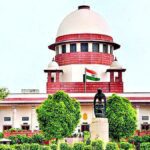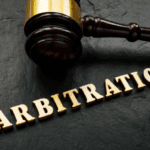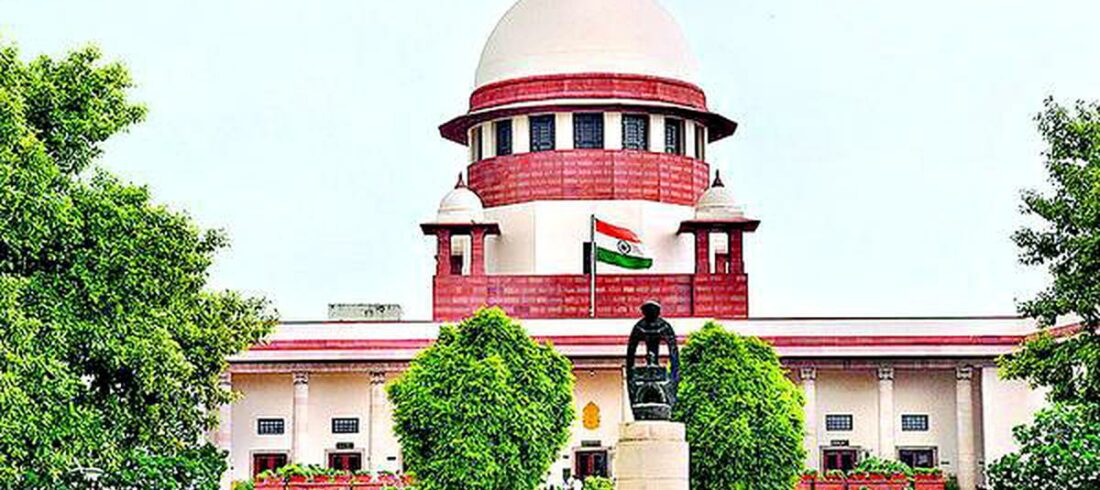In its 279th Report, the Law Commission of India recommended keeping the sedition provision under Section 124A of the Indian Penal Code, 1860. A sedition attempt is one that “attempts to excite disaffection against the Government established by law,” according to Section 124A. The clause has drawn heavy fire for being a method of stifling dissent.
The report is released a year after the Supreme Court halted all proceedings and barred the filing of any new lawsuits. In the case of S.G. Vombatkere v. Union of India (2022), the SC had given the Union some time to review the legislation and re-evaluate its applicability.
According to the Law Commission report, Section 124A must be amended to reflect the main points of Kedar Nath v. State of Bihar (1962). Kedar Nath affirmed the validity of the Sedition Law by arguing that it complies with the ‘reasonable constraints’ on free expression outlined in Article 19(2) of the Constitution. The Court concluded that the act of sedition can be proven when the words or deeds have the potential to stir up violence or public disruption. The study claims that, in its current form, Section 124A fails to explicitly define the meaning of these activities, leading to its ambiguous interpretation.
To stop the ‘alleged abuse’ of the law, the Commission suggests significant procedural changes be made to the Code of Criminal Procedure, 1973 (CrPC). It implies that a police officer with the level of Inspector or higher needs to do an initial investigation before filing the First Information Report (FIR). The Central Government will then decide whether or not to permit the filing of a FIR in light of the investigation report’s conclusions. Section 154 of the CrPC will be changed as a result of this change. The Law Commission emphasises that this suggestion was developed after the Supreme Court’s findings in S.G. Vombatkere about potential legal abuse were taken into account.
The Commission suggests increasing the sentence to seven years in jail or life in addition to a fine. Currently, the penalty is either a three-year sentence or a life sentence in jail. Due to a contradiction with other provisions in Chapter VI of the IPC, which includes “Offences against the State,” the study labels this sentence as “odd.” You may find Section 124A here. This contradiction is addressed in the report by harmonising Section 124A’s penalty with other Chapter VI laws.
The words “tendency to incite violence or cause public disorder” should be added to the clause, according to the report. In contrast to evidence of actual violence or a present danger of violence, it defines “tendency” as a “inclination to incite violence or public disorder.” Thus, if ‘inclination’ is established, the outcome of an action won’t be taken into account. The Report emphasises that Kedar Nath proved that sedition is a crime that may be proven without evidence of violence. Instead, the Judgement focuses mostly on the propensity of the words or deeds to stir up conflict or disrupt the peace.
Justifications to keep Section 124(A) –
- The threat posed by extremist, anti-national, and separatist groups must be eliminated in order to safeguard national security. They said that the rise of social media has contributed to the spread of radical ideas against India, which are frequently encouraged and enabled by “adversarial foreign powers.”
- The basic freedom of speech and expression protected by Article 19(1)(a) of the Indian Constitution is subject to this “reasonable restriction.” They claimed that “public order” and “incitement to an offence” prohibitions are covered by sedition legislation.
- The Report emphasises that additional laws addressing seditious actions have been included inside treason and counterterrorism statutes in nations where sedition laws have been overturned.
- The ‘conventional punitive system’ is used to deal with the terrorist issue. It contends that the mere existence of other anti-terrorism and security legislation, such as the National Security Act of 1980 and the Unlawful Activities Prevention Act of 1967, is insufficient justification for the repeal of the sedition statute. According to the study, without the sedition legislation, those who engage in seditious activity may be charged under other statutes, which frequently have greater penalties.
- According to the Report, in the context of India’s contemporary democracy, the “colonial legacy” is not a compelling enough justification for overturning the legislation. It draws attention to the fact that other colonial legacies, such as the Police Forces and the All India Civil Services, are still in place today without any protest.
Justifications to remove Section 124(A)
- Sedition was employed by colonial authorities to imprison anybody who opposed British policy. Under British control, prominent members of the liberation struggle like Lokmanya Tilak, Mahatma Gandhi, Jawaharlal Nehru, Bhagat Singh, etc., were imprisoned for their “seditious” speeches, publications, and actions. Thus, the widespread application of the sedition legislation brings to mind colonial times.
- According to the most recent edition of the NCRB’s Crime in India report, 76 sedition instances were reported nationwide in 2021, a little rise from the 73 reported in 2020. The conviction rate for charges brought under the sedition legislation (IPC Section 124A), which is currently the focus of an ongoing Supreme Court dispute, has varied over the years between 3% and 33%, while the percentage of such cases that are still pending in court reached a high of 95% in 2020.
- Sedition was not included in the Constitution by the Constituent Assembly. The members believed it would restrict their ability to express themselves freely. They stated that the sedition statute might be used as a tool to stifle people’s freedom to peacefully protest, which is protected by the constitution.
- In Kedar Nath Singh v. State of Bihar, the Supreme Court confined the definition of sedition to “acts involving intention or tendency to create disorder, disturbance of law and order, or incitement to violence” in 1962. Therefore, it is against the Supreme Court’s ruling to bring sedition charges against academics, lawyers, socio-political activists, and students.







